The rise and fall of Meta, the Silicon Valley-based augmented reality startup that looked to challenge the likes of Microsoft's HoloLens, and others, took just six years.
Now, as the story of the company draws to a close, we finally have some deeper insight into what exactly happened at the company — and how it all went down — as well as what the future may hold for the company's assets, directly from its founder, Meron Gribetz.
The Fall: Augmented Reality Check
Just days after the unrelenting stream of tech ephemera flowing from CES petered out in Las Vegas, Gribetz took time to speak with me about the news that Next Reality broke last week regarding Meta's patent lawsuit, which inadvertently revealed the full extent of the company's financial troubles and ultimate fate.
Sounding understandable weary from the long fight to hold onto control of his company over the course of the last year, Gribetz nevertheless maintains his usual optimistic tone when he confirms that, yes, Meta's assets have all been sold off to a new owner. He's no longer the owner of the company and has no say in what may happen to the company he spent over half a decade building using raw passion, software and hardware innovation, and a perspective focused on the future of computing.
"There's a new home for [Meta's] assets, and that makes me happy," says Gribetz. "That means there's a potential future for these [assets], and it's up to the new management to decide what the trajectory is, and I don't know what they're going to do."
The sale itself wasn't official until the last week of December 2018, following months and months of flights back and forth from the US to Asia, as Gribetz attempted to secure new financing for Meta. But those efforts fell short, and Gribetz soon found the company sold out from under him.
"This transaction wasn't between me and anyone, it was between the bank and the third party," says Gribetz, confirming the nature of the sale Next Reality uncovered previously.
According to Gribetz, before the sale, he was very close to securing a much-needed round of new financing, but then international economics and politics changed the company's path. "Unfortunately, due to the US/China trade war, the Chinese blocked the funding deal at the last minute," says Gribetz. "As a result, we began to run out of cash."
And while Gribetz won't reveal the name of the new owner, the paper trail leading up to Meta's sale reveals even more facts. Beginning in 2017, Meta began assigning many of its patents to Venture Lending & Leasing VII, Inc., a Silicon Valley-based company that provides financing to venture-backed tech startups.
Then, in September of 2018, the company was forced to furlough roughly 65% of its work force, a move that also cost Meta the services of its chief revenue officer and most public face at the time, Joe Mikhail.
Not long after, in the third week of October, 87 patents and patent applications were assigned to K&L Gates, a major Seattle-based law firm co-founded (via merger) by William H. Gates Sr., the father of Microsoft co-founder Bill Gates. The law firm counts Microsoft (the maker of the HoloLens) among its clients. However, the patents were assigned as "security interests," that is, collateral against Meta's debts, rather than as a final transfer of ownership.
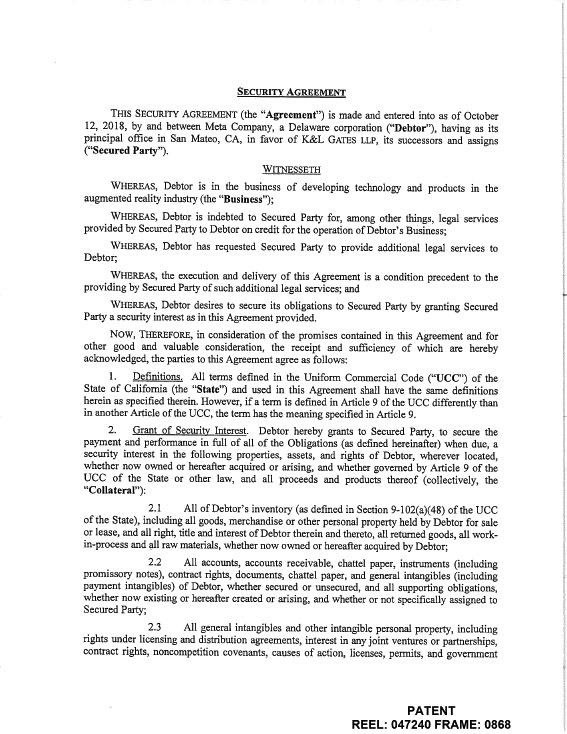


"Patents are a type of intangible property/intellectual property. Like real property, it can be licensed, assigned, sold or willed, or used as collateral," explains Andrea H. Evans, a patent and trademark attorney who worked at the US Patent and Trademark Office for five years.
"Typically, a creditor records a 'security interest' in a patent when the patent is pledged as collateral. For example, if a loan was taken, the lender will take a security interest in the patent as collateral against repayment of the loan, and to ensure their compliance against the loan."
- Don't Miss: AR Startup Meta Company Shuts Down Amid Asset Foreclosure Sale, Patent Fight, & Executive Departures
When asked about the nature of K&L Gates' involvement in Meta's ongoing struggles, Gribetz declined to offer more detail but confirms that the law firm is not part of the new ownership group.
All of these details together raises the question of what happens a week from now, on Jan. 24, the deadline Judge Christopher J. Burke set for Meta in its ongoing patent infringement case versus Genedics. To avoid a default judgment in favor of Genedics, the plaintiff alleging patent infringement on Meta's part, the judge has asked Meta to present new legal representation by the date above. When I asked Gribetz whether he or the new owner will be answering the judge's request, he again declined to answer, leaving any answers to that question for the new owners to address.
In fact, not only is Gribetz unsure of what the new owners of Meta will do with the company — sell off the assets piecemeal or attempt to run it as a brand — he's not even able to say what, if any, role he might have in its future.
Dream 1.0: It Wasn't Supposed to End Like This
Back in 2011, during a chilly evening in Harlem, New York, near Columbia University — where Gribetz was studying computer science and neuroscience — a casual interaction with a smartphone-obsessed friend led to his decision to explore the possibility of creating an AR device.
He soon followed his then-lofty vision with experiments in AR interfaces, one of which is still available on YouTube (see video below). Even then, you could hear the enthusiasm in his voice as he explained how his marker-based AR interface experiment worked at the time.
Soon after, in December of 2012, he officially launched his effort to make Meta a business.
Moving quickly, in less than a year the Meta team launched a Kickstarter campaign that raised $194,444, nearly double its goal of $100,000, to create the initial prototype product. In 2014, the company launched the Meta 1 Development Kit at TechCrunch Disrupt in San Francisco.
It was around then, in 2015, that the venture capital (VC) money came calling, with Meta landing a $23 million Series A round of funding from Hong Kong-based Horizon Ventures, Beijing-based BOE Optoelectronics, influential Silicon Valley-based VC investor Tim Draper, Reddit co-founder Alexis Ohanian, and others.
But the true excitement around Meta began to ramp up in 2016, around the time Gribetz took to the TED Talk stage (see video below) in Vancouver, British Columbia, to show off the Meta 2, the latest version of the company's AR device.
"Whether you're sending an email to your wife, or you're composing a symphony, or just consoling a friend, you're doing it in pretty much the same way. You're hunched over these rectangles, fumbling with buttons and menus and more rectangles," said Gribetz, as he paced the stage, brimming with confidence.
"And I think this is the wrong way; I think we can start using a much more natural machine. We should use machines that bring our work back into the world. We should use machines that use the principles of neuroscience to extend our senses versus going against them. Now it just so happens that I have such a machine here. It's called the Meta 2. Let's try it out."
And try it out many tech insiders did, at tech conferences and various demo events in subsequent months. But the Meta 2 didn't launch in a vacuum. At the time, immersive computing devices like the HTC Vive and the Oculus Rift were soaking up a lot of the public's attention, and Microsoft's HoloLens had already been revealed a year before, with only a relatively small number of developers rushing to buy and develop for the device.
Meta had arrived early to the game, but its most polished version launched in an uncertain and still unformed immersive computing space dominated mainly by tech's bigger names.

In the next two years, Meta continued to press on with announcements around enterprise initiatives and an impressive rollout of new remote collaboration software. But behind the scenes, the money was rapidly running out, and not even tie-ups with Dell and a strong showing at AWE 2018 could help the company continue to tread water. And as financial pressures continued to mount, the company's attempt to fend off a serious patent lawsuit further drained its resources.

Aftermath
Nine months after I visited the spacious Menlo Park headquarters of Meta, those offices now stand empty. Today, Gribetz is reflective and even a bit hopeful for the future, as he watches the industry he helped pioneer slowly take flight in the form of competitors like Magic Leap, and upstarts like Nreal.
"AR and VR is hard. It's the most complicated stack in the industry. We were able to make technological accomplishments at a fraction of the budget that Magic Leap and Microsoft did, and I'm really proud of the Meta 2," says Gribetz.
"We were the first full AR system with hand tracking, optics, and world tracking, these are things we had in the Meta 1 in 2014. A lot of big players have followed our standard, and I'm proud of that. We were early, for sure. I think the too early part is really a question to look back at in the future."
Finally, after so many ups and downs, Gribetz has some straightforward advice for other AR entrepreneurs looking to blaze a path into the next phase of computing.
"Start with the killer app. Every founder in every company that failed took too long to get to it. And if I did it again, I would get to it at the start," says Gribetz. "After years, I've discovered it's the right question every founder should ask themselves. The hardware is not enough. Figure out your market. Figure out your killer app."
- Don't Miss: Judge in Meta Patent Lawsuit Sets Deadline for Default Judgment, Meta's Founder Moves to Save Startup
The story of Meta isn't a story of failure; it's a parable of shooting for the stars and just running out of runway during a mostly successful journey to liftoff. What Meta did to help move the AR industry forward won't be forgotten, and may even live on in another form, under the guidance of a new owner. But what Gribetz is confident of is that he's still focused on his dream of helping to bring a "zero learning curve computer" that acts as a kind of "iOS of the mind" to the masses, one way, or another.
"I have a very clear mission to put [an AR] headset, exactly as I said at TED in 2016, on a billion heads," says Gribetz. "I didn't say which headset, I said a strip of glass, lightfields, photorealism, and, most importantly, an intuitive computing experience, on a billion heads. The whole situation that's going on now, which is not pleasant in any way, is not going to slow me down on that mission."
Originally published on January 18, 2019, 12:27 a.m. ET
Just updated your iPhone? You'll find new emoji, enhanced security, podcast transcripts, Apple Cash virtual numbers, and other useful features. There are even new additions hidden within Safari. Find out what's new and changed on your iPhone with the iOS 17.4 update.
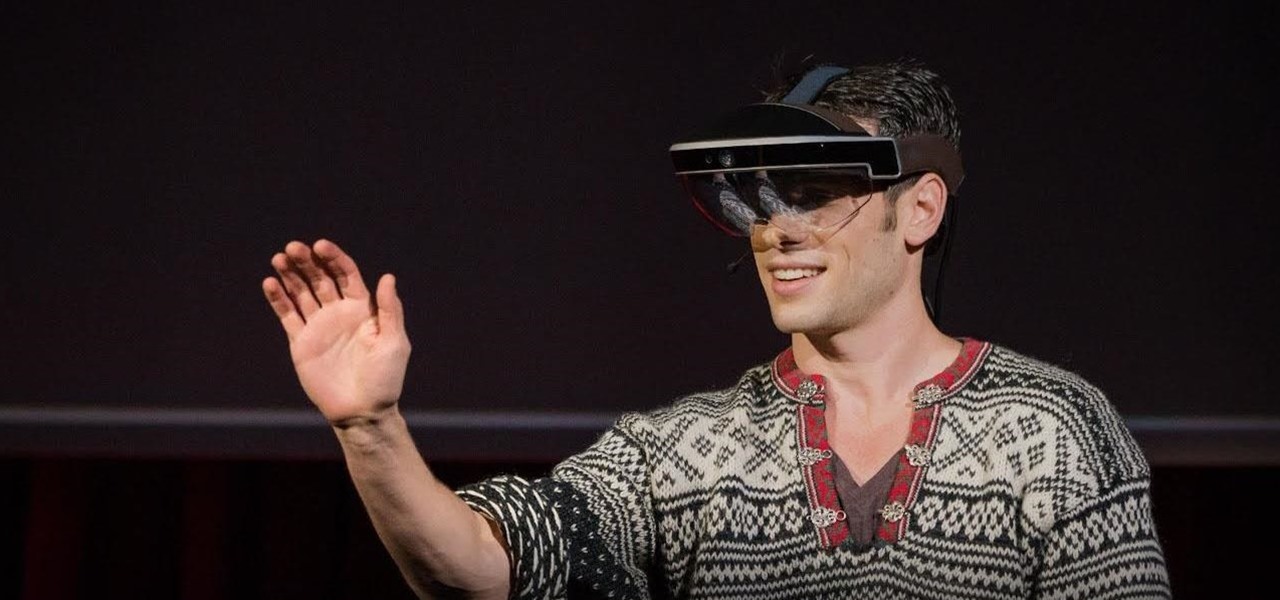




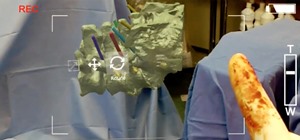
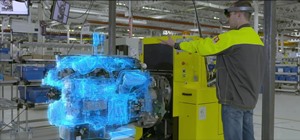
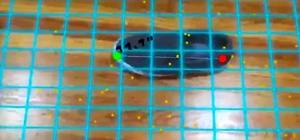

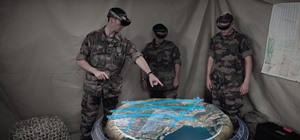
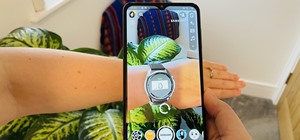
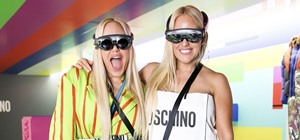
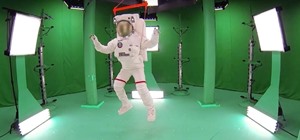
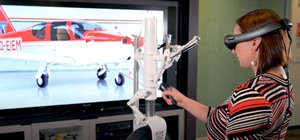

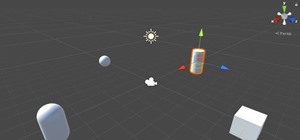
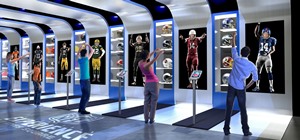

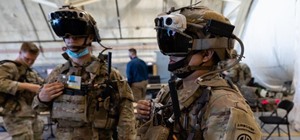
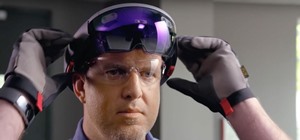
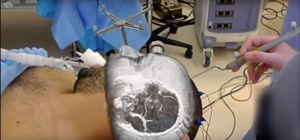
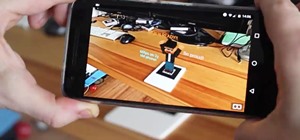

Be the First to Comment
Share Your Thoughts